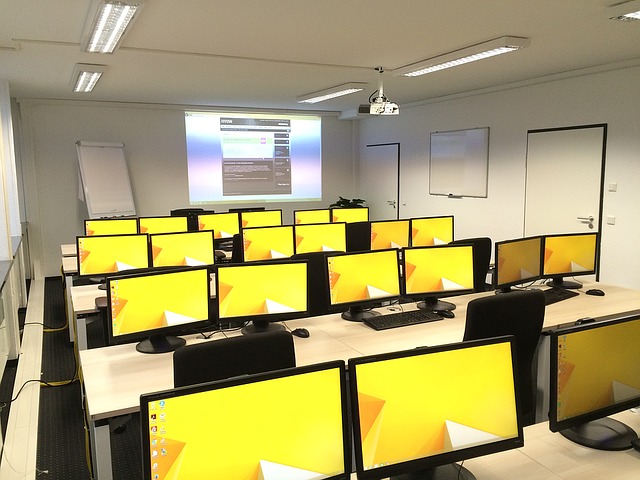
Fleet driver training should exist as a matter of fact in all fleets, but in the real world not all fleets consider it important as they hire seasoned staff and they feel that these drivers already have more than enough experience on the job. But actually, every fleet and company relying on driving has a different way of working according to the scope of the business or the vehicles used, so, as we have reiterated through former posts, it makes sense to train drivers regularly.
If you train your drivers it can only be to the benefit of your company. With regular training you can:
- Correct unsafe driving that can be the cause of incidents or unnecessary expense;
- Create an efficient hiring process which includes training and familiarisation with both the company and the job itself;
- Have drivers switch to a safer and more fuel efficient driving style to help you save money on fuel;
- Improve your company reputation, as having safe, conscientious drivers and a process in place to create such conditions sends out the message that your business is committed to fleet safety.
There are, therefore, a lot of advantages for your business if you choose to have safe drivers on the road, but when is the right time to train your drivers?
#1 - Fleet driver training upon hiring
As stated previously, new hires, even if they have extensive experience, have to be trained according to the policies of your company. You don’t know what the policies at their previous position were like, and you want to ensure drivers have a good grasp of what your company’s are all about.
#2 - At least once a year every year after hiring
Even the most seasoned driver can start to slip into unsafe driving habits or become complacent, so it is appropriate to set up yearly reminders to encourage drivers to keep up the good work and eliminate aggressive driving.
#3 - On specific occasions
If there is going to be changes within the business or the fleet, if somebody has been involved in an accident, if there are new vehicles coming to the fleet, this has to be communicated through a training session which will focus on the specific event/circumstance.





